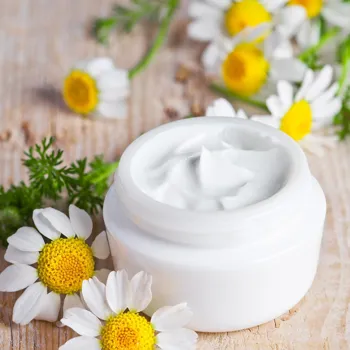Unveiling the Secrets to the Perfect Moisturizer for Indian Skin. Decode the best skincare routine today!
Finding the perfect moisturizer can feel like a never-ending saga, especially with the sheer number
of options available in the market. But don't worry, figuring out your skin type and understanding what your skin needs is half the battle won.
In India, with our diverse climate and varying humidity levels, choosing the right moisturizer is even more crucial to maintain healthy, glowing skin. This guide will help you navigate the world of moisturizers and pick the perfect one for your unique skin.
Identify skin type: dry, oily, combo, normal, sensitive for right skincare products
First things first, you need to accurately identify your skin type. Generally, skin types are categorized into five main types: dry, oily, combination, normal, and sensitive. Dry skin often feels tight, flaky, and can sometimes be itchy.
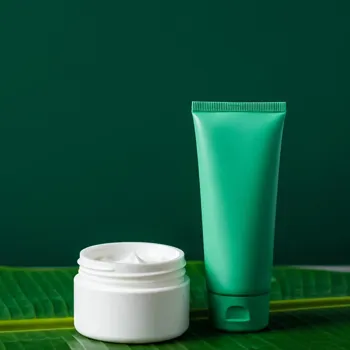
Oily skin, on the other hand, is prone to shine, enlarged pores, and breakouts. Combination skin exhibits characteristics of both dry and oily skin, usually with an oily T-zone (forehead, nose, and chin) and dry cheeks. Normal skin is balanced, with a smooth texture and minimal imperfections.
Sensitive skin is easily irritated by certain ingredients and can react with redness, itching, or burning. Once you have determined your skin type, you can start looking for moisturizers specifically formulated for it.
Choose rich moisturizers with shea butter, hyaluronic acid for dry skin. Apply after showering
For those with dry skin, look for rich, emollient moisturizers that contain ingredients like shea butter, hyaluronic acid, ceramides, and glycerin. These ingredients help to lock in moisture and create a protective barrier on the skin.
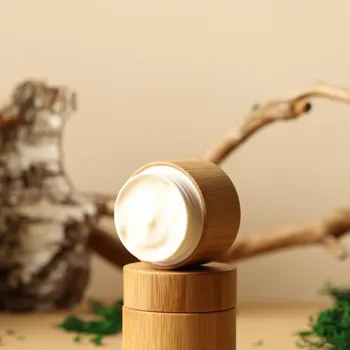
Avoid products that contain alcohol or fragrance, as these can further dry out the skin. Consider using a heavier cream at night to give your skin an extra boost of hydration while you sleep.
Remember to apply moisturizer immediately after showering or washing your face, while your skin is still damp, to maximize absorption. If you find your skin still feels dry throughout the day, don't hesitate to reapply as needed.
Choose oil-free, lightweight moisturizers with hyaluronic acid for oily skin
If you have oily skin, the idea of adding more moisture might seem counterintuitive, but even oily skin needs hydration. The key is to choose a lightweight, oil-free moisturizer that won't clog your pores.
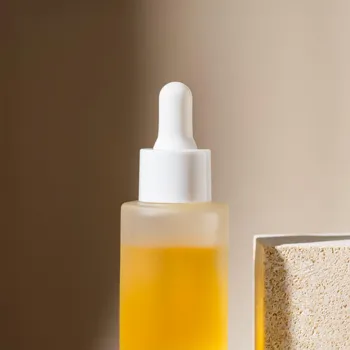
Look for products that contain ingredients like hyaluronic acid, which draws moisture to the skin without adding oil. Gel-based moisturizers are also a good option for oily skin, as they are lightweight and quickly absorbed.
Avoid heavy creams and moisturizers that contain comedogenic ingredients, which can contribute to breakouts. Always cleanse your skin thoroughly before applying moisturizer to remove excess oil and dirt.
Managing combination skin with balanced hydration and product choices
Combination skin can be tricky to manage, as you need to address both dry and oily areas. Look for a lightweight moisturizer that provides adequate hydration without being too heavy or greasy.
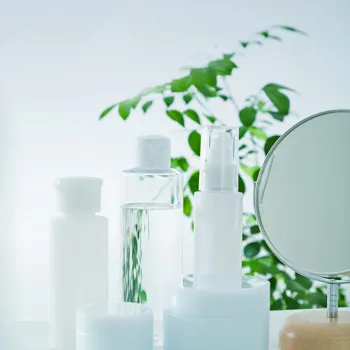
You might also consider using different moisturizers on different areas of your face, applying a richer cream to dry areas and a lighter lotion to oily areas. Another good option is to use a serum with hydrating properties, followed by a light moisturizer.
This can help to balance the skin's moisture levels without causing breakouts. Pay attention to how your skin feels throughout the day and adjust your skincare routine accordingly.
Choose lightweight moisturizer with SPF for normal skin
For those with normal skin, you have the most flexibility when it comes to choosing a moisturizer. You can generally use a lightweight lotion or cream that provides adequate hydration without being too heavy.
Look for products that contain antioxidants and vitamins to protect your skin from environmental damage. As with all skin types, it's important to choose a moisturizer that is free of fragrances and other potential irritants.
Consider using a moisturizer with SPF during the day to protect your skin from sun damage, which can accelerate aging.
Choose gentle, fragrance-free moisturizers for sensitive skin
Sensitive skin requires extra care and attention when choosing a moisturizer. Look for products that are specifically formulated for sensitive skin and are free of fragrances, dyes, and other potential irritants.
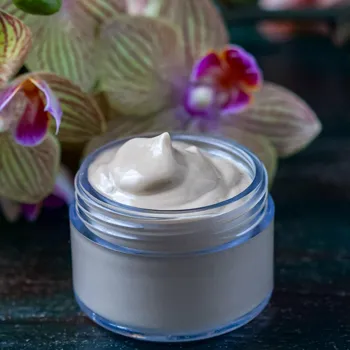
Opt for hypoallergenic and non-comedogenic formulas to minimize the risk of allergic reactions or breakouts. Patch test any new product on a small area of your skin before applying it to your entire face.
Look for ingredients like chamomile, aloe vera, and colloidal oatmeal, which have soothing and calming properties. If you experience any redness, itching, or burning after using a moisturizer, discontinue use immediately.
Consistency in moisturizing is key for healthy, glowing skin
Remember, consistency is key when it comes to moisturizing. No matter your skin type, it's important to moisturize your skin every day, both morning and night. This will help to keep your skin hydrated, healthy, and glowing.
And don't forget to drink plenty of water and eat a healthy diet, as these factors also play a role in the overall health and appearance of your skin. So, take the time to understand your skin type and choose the right moisturizer for you. Your skin will thank you for it!
Choosing the right moisturizer for healthy, glowing skin
With so many choices available, selecting the right moisturizer might seem daunting. Finding the right moisturizer can hydrate the skin, making it healthier and glowing.
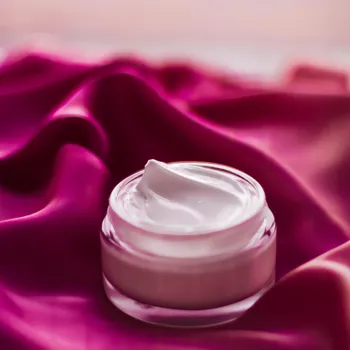
Understanding skin type crucial for skincare routine
The initial step is to understand your skin type. The key step is to understand it, whether dry, oily, combination, normal, or sensitive. This understanding is the base for every skin care process.
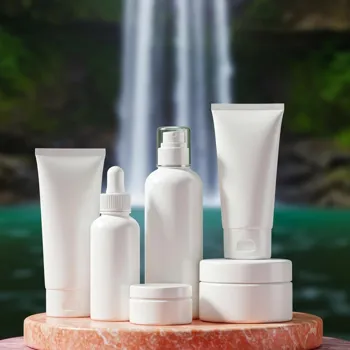
Select gentle skincare for sensitive skin, with calming ingredients to reduce irritation
Choose products designed for sensitive skin, which can reduce irritation. Look for calming ingredients like chamomile or aloe vera in order to reduce inflammation.
